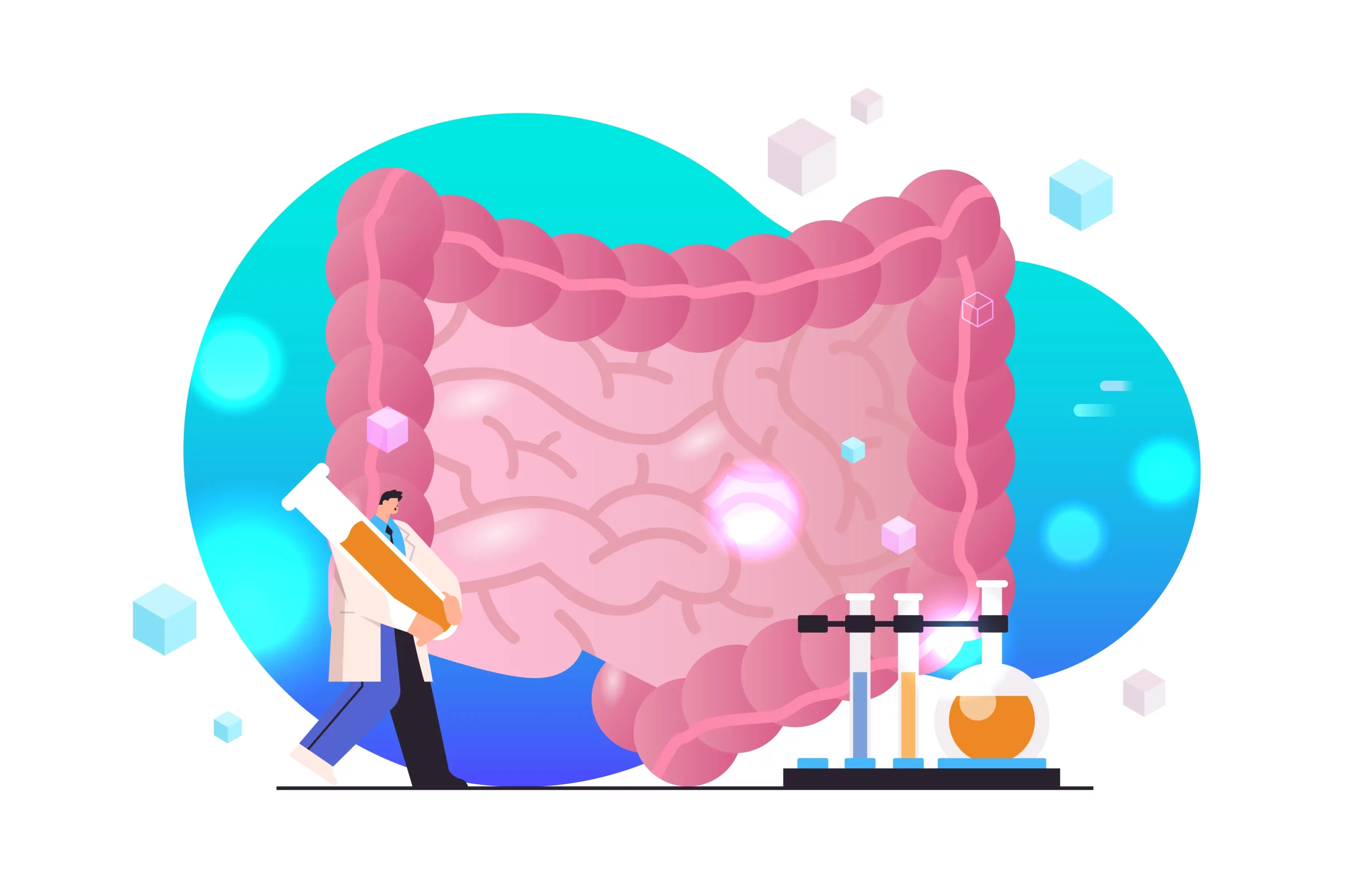A groundbreaking study published in “The Turkish Journal of Gastroenterology,” the official journal of the Turkish Society of Gastroenterology, has put forward compelling evidence suggesting a connection between IgG4-related immune responses to common food antigens and inflammatory bowel disease (IBD), which includes ulcerative colitis (UC) and Crohn’s disease (CD). This study, led by Sub Lee Hong and Jae Lee Kwang from the Department of Gastroenterology at Ajou University School of Medicine in Suwon, Korea, shines a new light on potential dietary influences on IBD pathogenesis.
The Study and Its Findings
The research scrutinized serum levels of IgG4 in response to 90 food antigens in a cohort of 36 patients—24 with UC and 12 with CD—compared to the same number of sex- and age-matched healthy individuals, averaging 49 years old. Significant findings from this case-control study revealed that IBD patients had considerably higher serum IgG4 levels to an array of food antigens compared to controls. In particular, the immune responses in CD patients were more pronounced against certain foods than in those with UC.
Foods Triggering IgG4 Response in IBD Patients:
1. Salmon
2. Onion
3. Shrimp
4. Cuttlefish
5. Eel
6. Millet
7. Gluten
8. Soybean
9. Coconut
The study also found that the number of subjects with positive responses (defined by cut-off values ≥0.7 U/mL) to specific foods like cod, tuna, mackerel, oat, pea, peanut, and coconut was notably higher in patients with CD. Meanwhile, the response to kiwi and cuttlefish was more significant in UC patients.
Implications for IBD Management
While the exact role of the IgG4-related immune response in the pathogenesis of IBD is still a matter of debate, the findings propose a potential link between food antigens and the immune response in IBD patients. These results may pave the way for new nutritional interventions tailored to an individual’s immune response profile, potentially improving disease management and patient quality of life.
The Importance of Research in IBD
IBD is a term primarily used to describe two conditions: ulcerative colitis and Crohn’s disease, which are characterized by chronic inflammation of the gastrointestinal tract. The etiology of IBD is multifactorial, involving genetic and environmental factors, including diet (Cuomo et al., 2014). Therefore, understanding how diet impacts the disease process can be instrumental in developing new treatment strategies.
Study Significance and Research Gaps
The current study adds to a growing body of research, including a 2017 piece by Dolan and Chang in “Molecular Nutrition & Food Research,” which highlights the influence of diet and gut microbes on IBD. However, the study by Sub Lee Hong and colleagues is particularly noteworthy for focusing on IgG4 reactions, a less understood aspect of the immune response in relation to food and gut health. While pointing toward a new direction in IBD research, it also underscores the need for further investigation to establish a causal relationship between IgG4 responses and IBD.
Future Directions
This study opens up several new avenues for research, including the exploration of IgG4-related immune responses as potential biomarkers for diet-related IBD flares. It could also lead to the development of personalized dietary plans for IBD patients, mitigating symptoms through the avoidance of foods that elicit strong IgG4 responses.
The Noteworthy Nexus of Diet, Immunity, and IBD
Prior research, such as that by Rajendran and Kumar in “Colorectal Disease,” has shown improvements in CD symptoms through IgG4-guided exclusion diets. Sub Lee Hong’s study further integrates our understanding of diet and immunity in IBD, aligning with the broader scientific discourse on the topic as summarized by Genuis in “Science of the Total Environment.”
Keywords
1. Inflammatory Bowel Disease Diet
2. Ulcerative Colitis IgG4 Response
3. Crohn’s Disease Food Antigens
4. IBD Food Immune Reaction
5. IgG4-related Gastrointestinal Health
References
1. Sub Lee Hong H, Jae Lee Kwang K. (2019). Immunoglobulin G4-related immune responses to common food antigens in patients with ulcerative colitis and Crohn’s disease. The Turkish Journal of Gastroenterology, 30(5), 408–414. https://doi.org/10.5152/tjg.2019.18466
2. Dolan KT, Chang EB. (2017). Diet, gut microbes, and the pathogenesis of inflammatory bowel diseases. Mol Nutr Food Res, 61. https://doi.org/10.1002/mnfr.201600129
3. Cuomo R, Andreozzi P, Zito FP, Passananti V, De Carlo G, Sarnelli G. (2014). Irritable bowel syndrome and food interaction. World J Gastroenterol, 20(28), 8837–45. https://doi.org/10.3748/wjg.v20.i28.8837
4. Rajendran N, Kumar D. (2011). Food-specific IgG4-guided exclusion diets improve symptoms in Crohn’s disease: a pilot study. Colorectal Dis, 13(9), 1009–1013. https://doi.org/10.1111/j.1463-1318.2010.02373.x
5. Genuis SJ. (2010). Sensitivity-related illness: the escalating pandemic of allergy, food intolerance and chemical sensitivity. Sci Total Environ, 408(24), 6047–6061. https://doi.org/10.1016/j.scitotenv.2010.08.047
